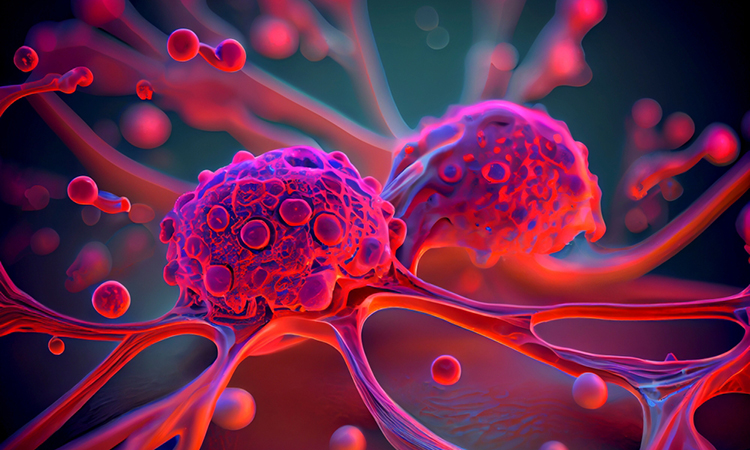New immunotherapy combination improves efficacy in animal models of liver cancer
Posted: 29 June 2023 | Izzy Wood (Drug Target Review) | No comments yet
Researchers at the Cima University of Navarra lay the foundations for the application of an immunotherapy combination in patients with the liver cancer: hepatocellular carcinoma.


Researchers at Cima University of Navarra, Spain, have developed a new immunotherapy combination that improves efficacy in animal models of hepatocellular carcinoma. This is a proof of concept that lays the foundations for the application of this treatment in patients with the most common liver cancer.
In recent years the survival rates of patients with liver cancer have increased notably. However, further progress is needed to improve its efficacy and to discover biomarkers that predict response to treatment.
“One of the main objectives in the research of this disease is to have reliable and clinically useful animal models to study new therapies. In collaboration with Dr Amaia Lujambio’s group at Mount Sinai Hospital in New York, we have developed a mouse model using gene transfer from the liver with which we have been able to test new immunotherapy combinations,” explained Dr Ignacio Melero, Co-director of the Immunology and Immunotherapy Programme at the Cima University of Navarra, part of the Cancer Centre Clínica Universidad de Navarra, and director of the study.
The experimental study has shown that the immunotherapies currently applied to patients have a partial effect in this new animal model. However, the efficacy increases with synergistic combinations of other agents, such as anti-CD137 antibodies, interleukin 2 or adoptive cell therapy. “These joint administrations substantially increase the therapeutic outcome. In addition, through advanced confocal microscopy, we have been able to study the antitumor immune response produced in the liver samples,” added Dr Carmen Ochoa, researcher at Cima University of Navarra and first author of the study. The results have been published in the scientific journal Cell Reports Medicine.
Melero comments that seven years ago the group at Clínica Universidad de Navarra was the pioneer in the treatment of hepatocellular carcinoma using immunotherapy. These treatments have radically transformed the evolution of the disease in many patients.
“Our current research efforts are focused in increasing the efficacy by means of synergistic combinations. Our challenge is to further investigate the mechanisms involved and to demonstrate the efficacy and safety of these new treatment combinations in clinical trials with patients,” he concluded. Melero.
Related topics
Animal Models, Antibodies, Immunotherapy, Oncology
Related conditions
Hepatocellular carcinoma, Liver cancer
Related organisations
Cima University of Navarra
Related people
Dr Amaia Lujambio, Dr Carmen Ochoa, Dr Ignacio Melero








